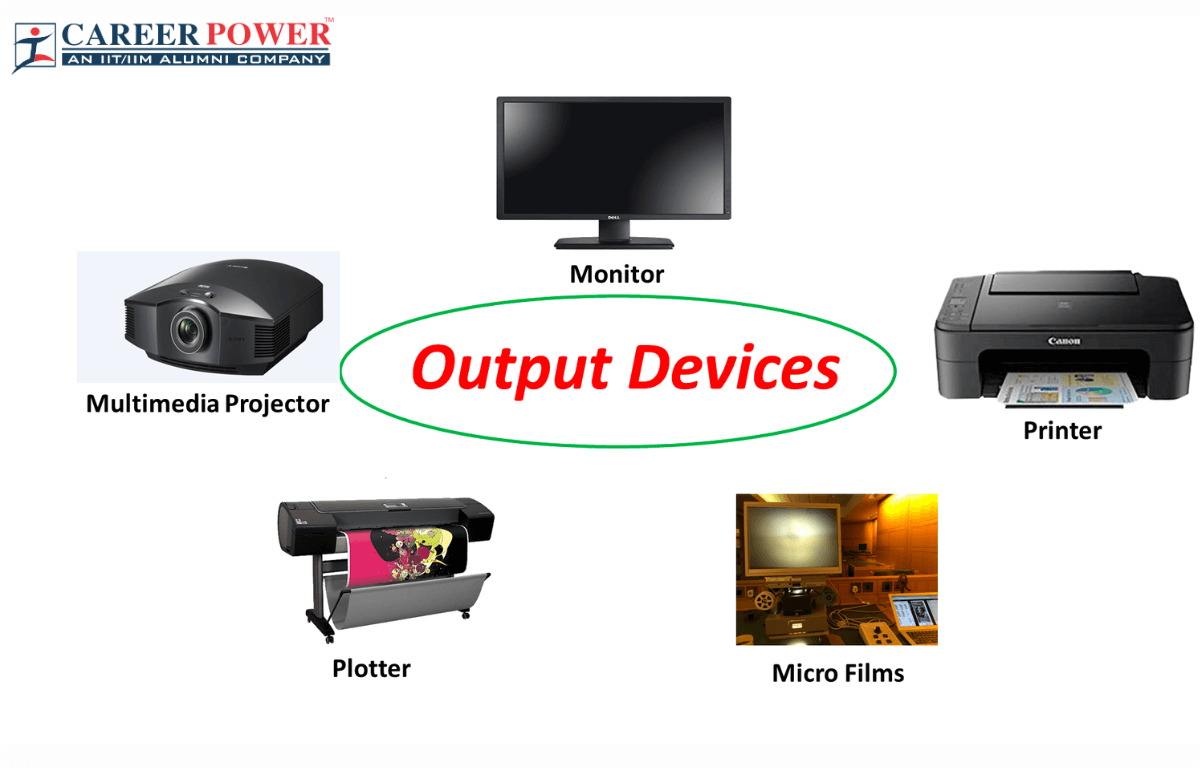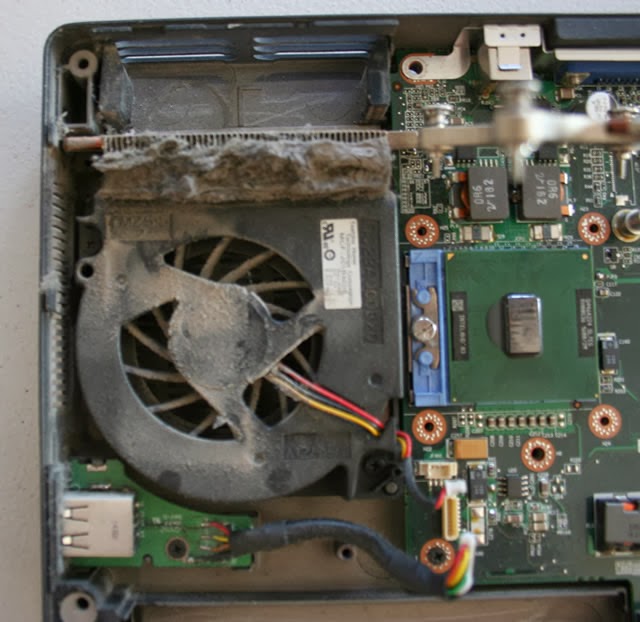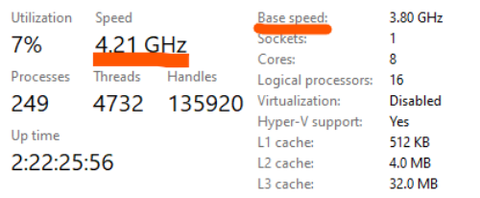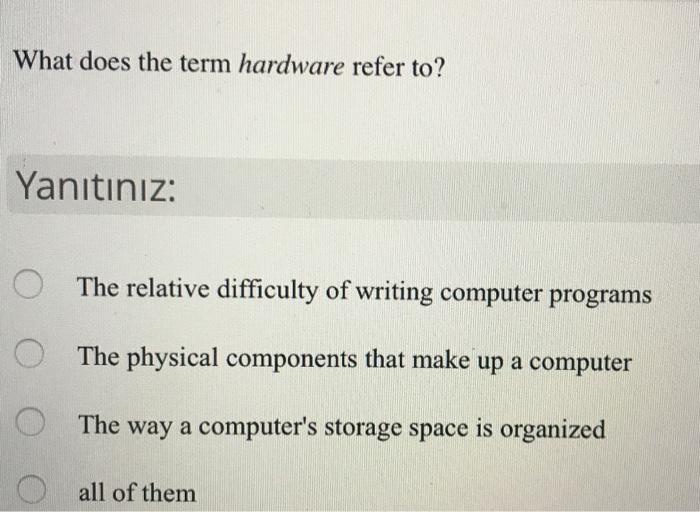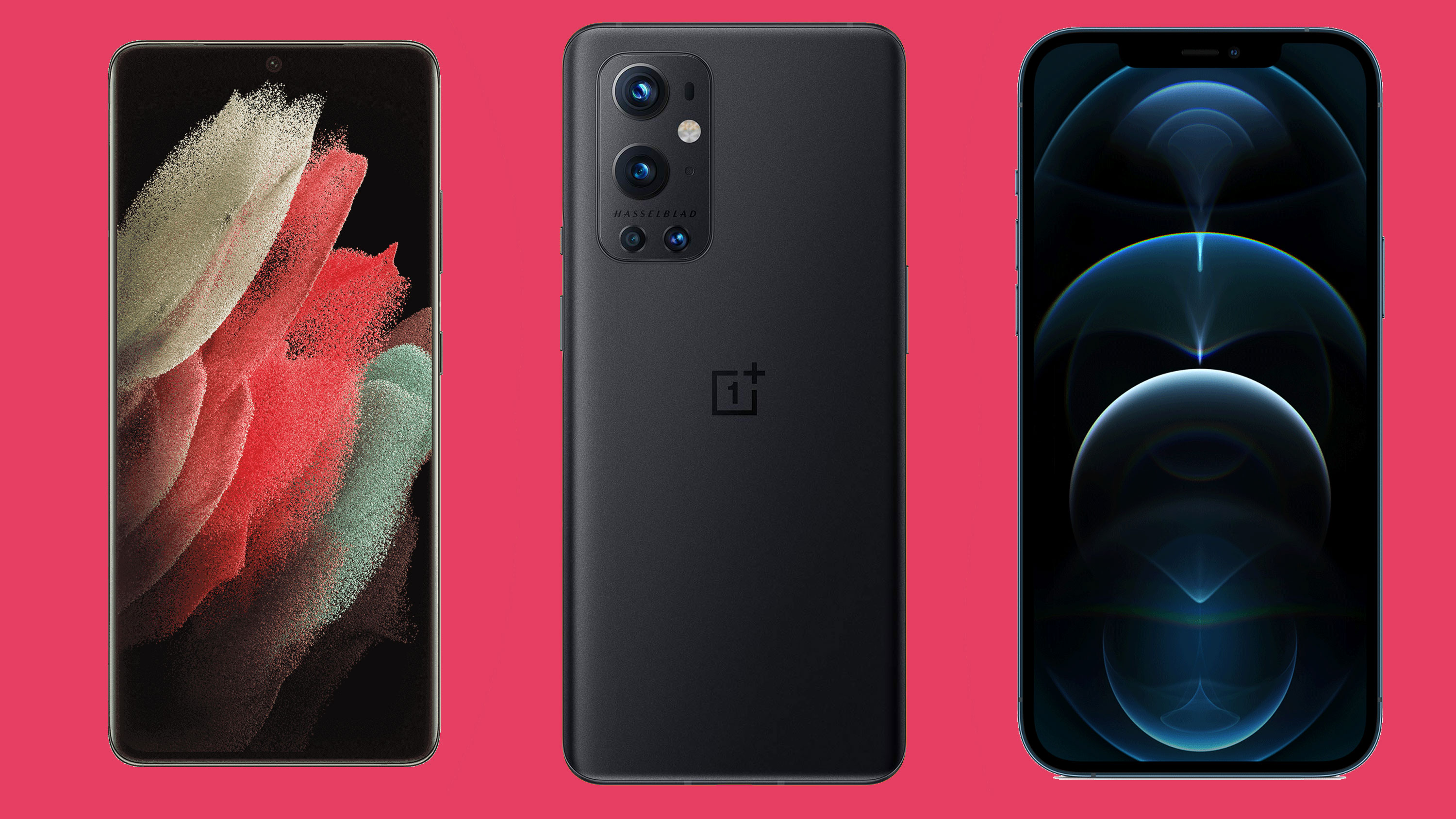A Comprehensive Gamer’s Guide: What Specs Are Good for a Gaming Laptop?
Introduction
Every gamer out there knows that having the right laptop can massively improve your gaming performance and experience. But, here comes the crucial question - what specs are good for a gaming laptop? This article is designed to serve as a comprehensive guide for gamers, shedding light on fundamental specifications like the processor, RAM, graphics card, and storage type. Get ready to delve into the world of gaming laptop specifications and make an informed choice.
Why Are Laptop Specifications Important for Gaming?
Understanding your gaming laptop's specifications can transform your entire gaming experience. Wonder how? Here are the key reasons:
- Smooth Gameplay: High-performance specs ensure optimal operation and fluid gameplay; the absence of choppy graphics and slowed response times.
- Advanced Graphics: The better your laptop's specs, the more detailed, vibrant and realistic the game's graphics will be.
- Quick Load Times: Good specs mean faster loading of games, reducing the wait time significantly.
- Minimal Lag: With robust specs, annoying lag times that disrupt your gameplay are almost unheard of.
Each game varies in the level of computational power it demands from your laptop. Therefore, having suitable hardware specifications is crucial to meet these requirements and provide a superior gaming experience. To guarantee high performance, consider important factors like the processor, RAM, graphics card, and the type of storage when choosing a gaming laptop.
What Does a Processor (CPU) Contribute to Gaming Performance?
The Central Processing Unit (CPU), the powerhouse of your gaming laptop, has a profound influence on your gaming experience. Let's delve into why:
• Function: The CPU, a key component in any computing device, is in charge of executing program instructions. In the context of gaming, it plays a major role in running complex graphics and simulations associated with intense games. A high-performing CPU runs instructions swiftly and provides you with fluid, interruption-free gameplay.
• CPU Types: Broadly, the market is flush with CPU options. However, when it comes to gaming, at least a quad-core CPU is required to ensure an ideal gameplay experience. Notably, brands like Intel and AMD dominate the gaming industry, offering chips tailored for gaming that boasts of high numbers of cores and clock speeds.
- Well-known and frequently recommended in the gaming community are the Intel's i5 and i7 processors and AMD's Ryzen 5 and 7.
• Performance: An important concept to understand when considering CPUs for gaming is that a more powerful processor unlocks the full potential of your laptop for gaming. To put it simply, your gaming experience level is proportional to your CPU's efficiency.
In conclusion, the contribution of a CPU to your gaming performance is fundamental. Therefore, investing in a laptop with a superior CPU is a wise decision for any avid gamer.
Why is Choosing the Right RAM Crucial in a Gaming Laptop?
The selection of a suitable Random Access Memory (RAM) is a crucial factor to maximize the gaming performance of a laptop. It has the ability to temporarily store data from active applications, including the games you play.
Essentially, the higher the RAM, the more data your system can handle simultaneously, which leads to a smoother gaming experience. Here are a few reasons why the right RAM choice matters:
- Performance: RAM retains active data so that your processor can reach it quickly. When you’re armed with plenty of RAM, your laptop doesn’t have to work as hard, thereby offering you an excellent performance with zero hiccups.
- Concurrent Gaming and Multitasking: If multiple tasks or high-demanding games run concurrently, a sufficient amount of RAM can ensure effective operation without slowing down the system.
- Load Times: With a higher RAM, your gaming laptop can facilitate quicker load times, keeping game interruptions minimal.
A standard rule for gaming laptops is to carry at least 8GB of RAM. However, for high-resolution, demanding games that require more data processing, a laptop should carry 16GB or higher.
Remember that lower than 8GB could result in compromised game performance, with frequent lags and longer load times. For future-proofing your gaming laptop, consider models with expandable RAM slots.
In conclusion, choosing the appropriate amount of RAM is a vital aspect in a gaming laptop. It plays a significant role in ensuring smooth, unobstructed performance while gaming, thus improving your overall gaming experience.
How Does a Graphics Card Influence the Gaming Experience?
A graphics card, known interchangeably as a video card or GPU (Graphics Processing Unit), holds significant sway over your gaming experience. The GPU directly influences the graphical output you witness on your screen. Its quality and performance determine an array of visual aspects in your games, including but not limited to, the clarity of images, degree of detail, and overall smoothness of motion.
When dissecting the influence of a graphics card on gaming, let's explore several critical aspects:
- Image Rendering: The primary purpose of a GPU is to render images for display. A potent graphics card can produce higher visuals with increased detail, transforming your gameplay experience into a virtual reality of sorts.
- Complex Visuals: Today's hi-tech games often feature hyper-realistic graphics and intricate visual effects. A high-performing GPU is necessary to support such demanding graphics without causing lag or reducing frame rates.
- GPU Series: Key players in the GPU market, such as NVIDIA's GeForce series or AMD's Radeon series, offer some of the best graphics cards for gaming. These series are designed to handle heavy graphics loads, promising an unmatched visual gaming experience.
- Future Considerations: It's crucial to note that most laptops do not allow GPU upgrades. Hence, gaming enthusiasts must invest in a top-tier graphics card from the get-go to pave the path for an impressive, future-ready gaming laptop.
Overall, a robust graphics card plays an indispensable role in creating an immersive and visually spectacular gaming experience. Therefore, understanding its impact and making an informed choice should be a priority for all gaming aficionados.
SSD vs HDD: Which is More Suitable for Gaming?
In the gaming world, the choice of laptop storage – Solid State Drive (SSD) or Hard Disk Drive (HDD) – has a notable impact on the gaming experience. The type of storage you choose will influence data access times which directly affect game-loading speeds and lag during gameplay. So let's break it down:
⦁ SSD (Solid State Drive)
SSDs provide an accelerated gaming experience, mainly due to their faster data access times when compared to HDDs. This swift access brings along instant game-loading times and smooth, lag-free gameplay. Here are some pros and cons of SSD:
- Pros
- Fast data access times: Lightning-quick game loading and less in-game lag.
- Quiet Operation: No moving parts, meaning noiseless operation.
- Durability: Less prone to damage due to lack of mechanical components.
- Cons
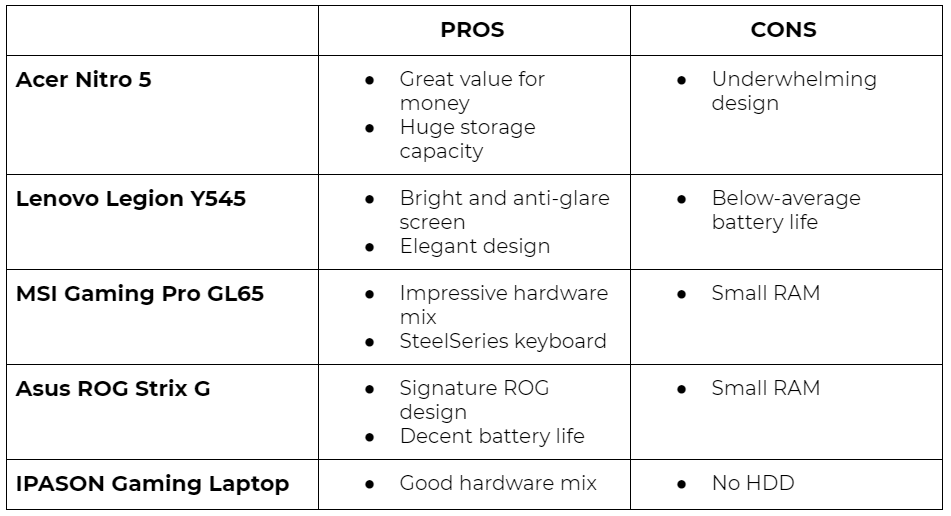
- Price Tag: SSDs are generally more expensive per GB when compared to HDDs.
- Capacity: Usually offer less storage space for the price.
⦁ HDD (Hard Disk Drive)
While HDDs might not match SSDs in speed, they excel in providing ample storage space at an affordable price, which is advantageous for gamers with large libraries of games. Here are some advantages and disadvantages of HDD:
- Pros
- Huge Storage: Ideal for gamers with extensive game collections.
- Affordability: More GB per dollar compared to SSDs.
- Cons
- Slower Speeds: Longer game load times and potential in-game lag.
- Noise: Mechanical parts can be noisy during operation.
Many gamers often find a hybrid approach most fulfilling, using a smaller capacity SSD for the games they are currently playing (for performance), while turning to larger, cheap HDDs for long-term storage. That way, you get the best of both worlds. But ultimately, the choice between SSD or HDD will depend heavily on your personal gaming requirements and budget.
Conclusion
Having the right laptop can significantly enhance your gaming experience. High-performing processors, sufficient RAM, top-tier graphics cards, and suitable storage types are essential components of a good gaming laptop. But remember, everyone's gaming style is different. So choose the right specs that cater to your unique needs. Happy gaming!
Related FAQs about what specs are good for a gaming laptop
What's more important for gaming, RAM or CPU?
Both RAM and CPU are crucial for gaming. The CPU handles the game's instructions and complex graphics, while the RAM facilitates smooth multitasking and quick game load times. Therefore, balancing between a powerful CPU and ample RAM is necessary for optimised gaming.
How much storage space do I need for a gaming laptop?
The required storage space depends on your gaming library. However, modern games often require substantial space. A 1TB HDD is fairly standard for gaming laptops but if your library is extensive, consider larger options or a combination of SSD for speed and an HDD for storage.
How important is the quality of a graphic card for gaming performance?
The quality of a graphics card is paramount in gaming performance. It directly influences the visual clarity, detail, and motion smoothness. High-quality GPUs support hyper-realistic graphics and intricate visual effects, significantly enhancing the gaming experience.

